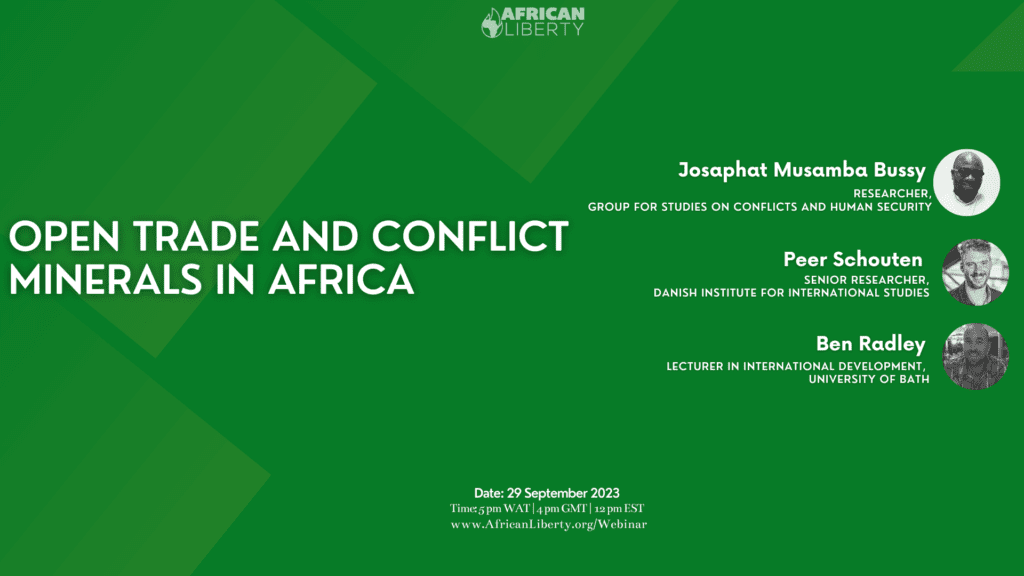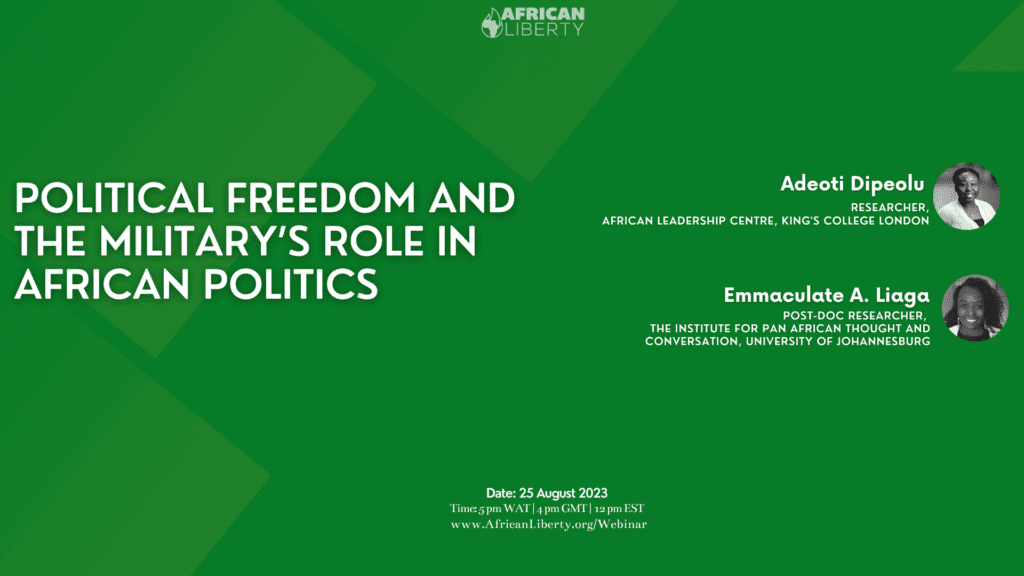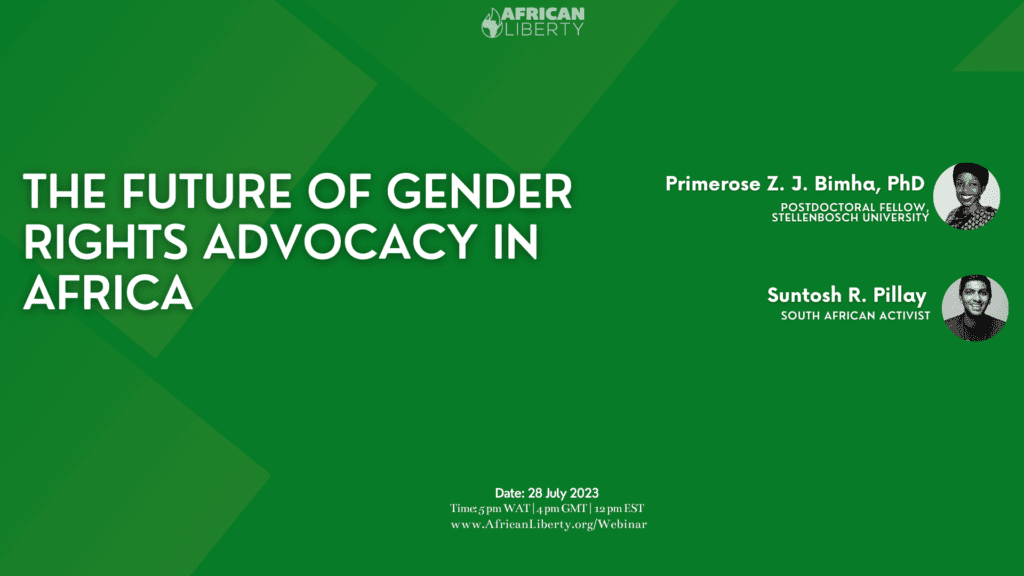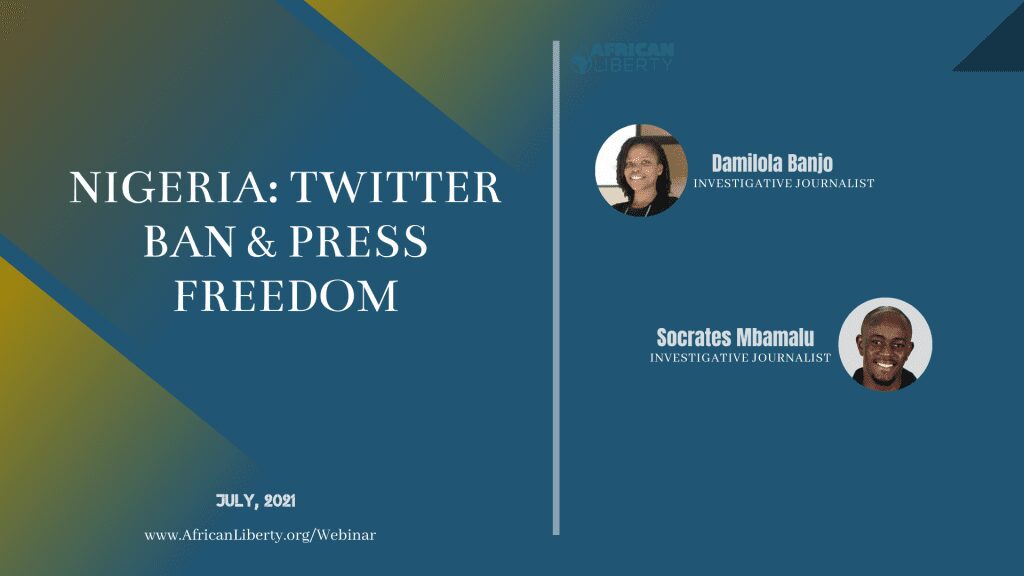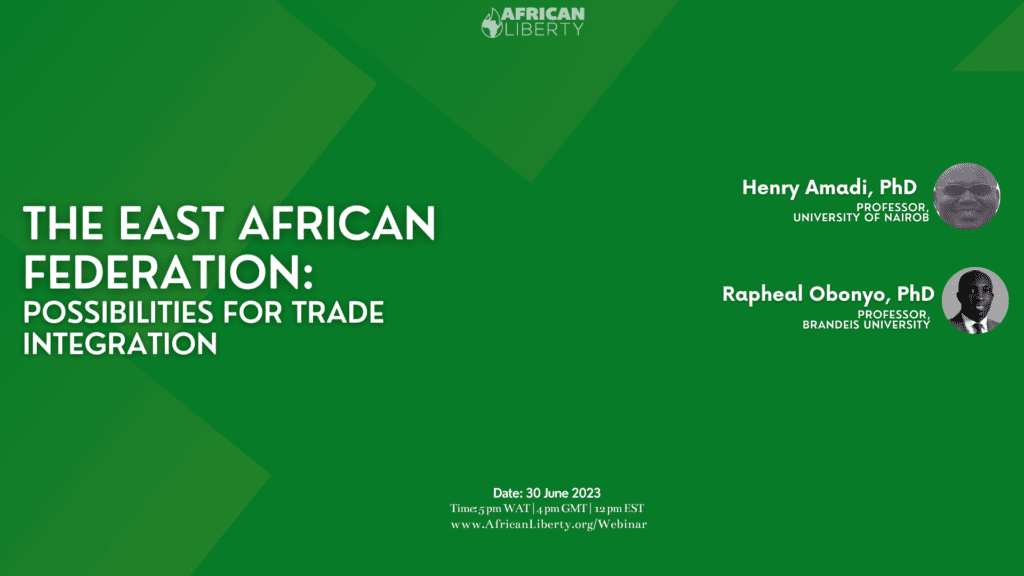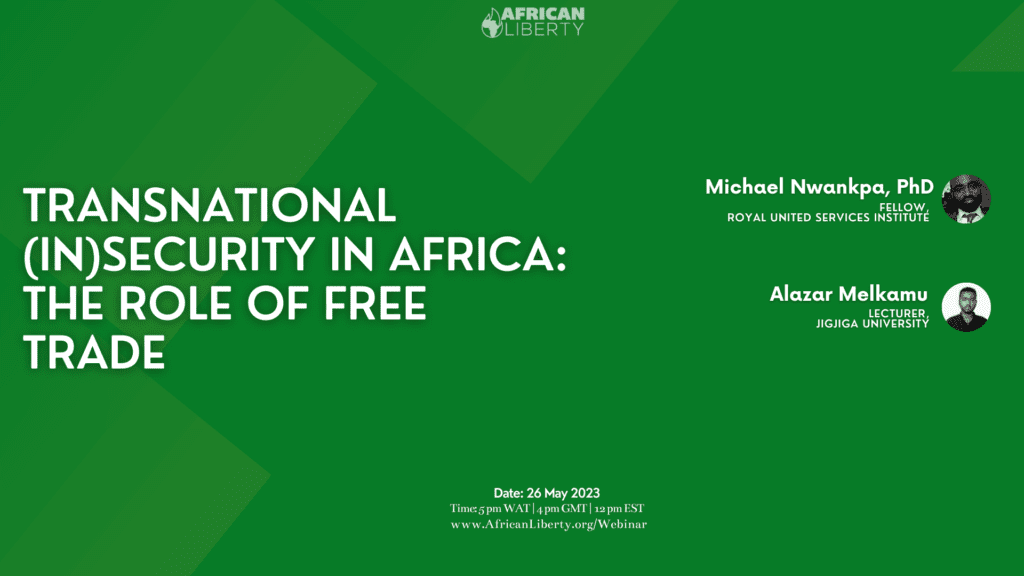Josaphat Musamba, a Congolese researcher, is a PhD student at Ghent University. He is affiliated with the Group for Studies on Conflicts and Human Security (GECSH). He has also served as a liaison officer in the security and safety department of Handicap International and as a Congolese staff member in the United Nations Group of Experts on the Democratic Republic of Congo.
Peer Schouten is a senior researcher at the Danish Institute for International Studies, associate researcher at the International Peace Information Service, and editor-in-chief of Theory Talks. His work combines deep fieldwork in Central Africa with theory development and engagement with policy debates.
Ben Radley is a political economist and lecturer in international development at the University of Bath. His research centres on the interplay between green transitions and economic transformation in Central Africa, with a focus on labour dynamics and the roles played by northern corporations. He is the author of “Disrupted Development in the Congo: The Fragile Foundations of the African Mining Consensus,” to be published in November.

